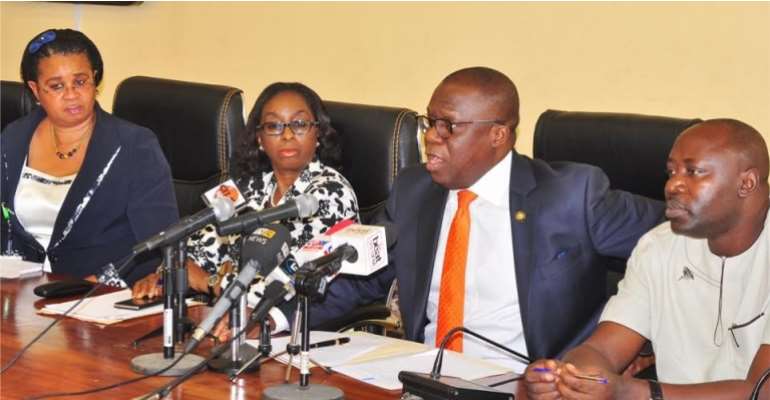Nigeria To Save Forex As First Dna Forensic Centre Underway

BEVERLY HILLS, February 23, (THEWILL) – Nigeria stands a chance of saving millions in foreign exchange (FX) spent annually by private individuals and public institutions on forensic analysis outside the country. This is as a DNA forensic centre that would be the first in West Africa, is planned to be operational in Lagos in six to 12 months' time.
The absence of a DNA forensic centre in Nigeria over the years means that Nigerians had had to rely on such facilities existing in other parts of the world for all her DNA testing needs, a development leading to a longer turnaround time and an overall higher cost of closing investigation and prosecution of suspects.
The centre would aid criminal investigations by determining the culpability of a suspect within a shorter timeframe, resolve controversy bordering on domestic and sexual violence cases, family and paternity proceedings, identifying victims of natural or man-made disasters – such as in air crashes where the victims are mangled beyond recognition.
The centre, to be called Lagos State DNA Forensic Centre (LSDFC), is proposed as a Public Private Partnership (PPP) in which private sector experts would manage it for two years on Built-Operate-Transfer (BOT) in the first instance, Adeniji Kazeem, Lagos State attorney-general/commissioner for justice, said at a news conference in Ikeja, Tuesday.
Kazeem did not, however, disclose the cost implication of the project, but according to him, proposals are still being received. The centre is mostly likely to be sited within one of the existing government facilities on Lagos Island.
“The forensic centre would fulfil the unmet need for DNA profiling; a forensic technique in used globally, through which DNA is extracted from body fluids, semen, nails, hair and other generic sources. This will controvert evidence of alibi and confirm physical presence of the suspect at the scene and the origin of the DNA to the suspect,” the commissioner said.
Story by David Oputah
